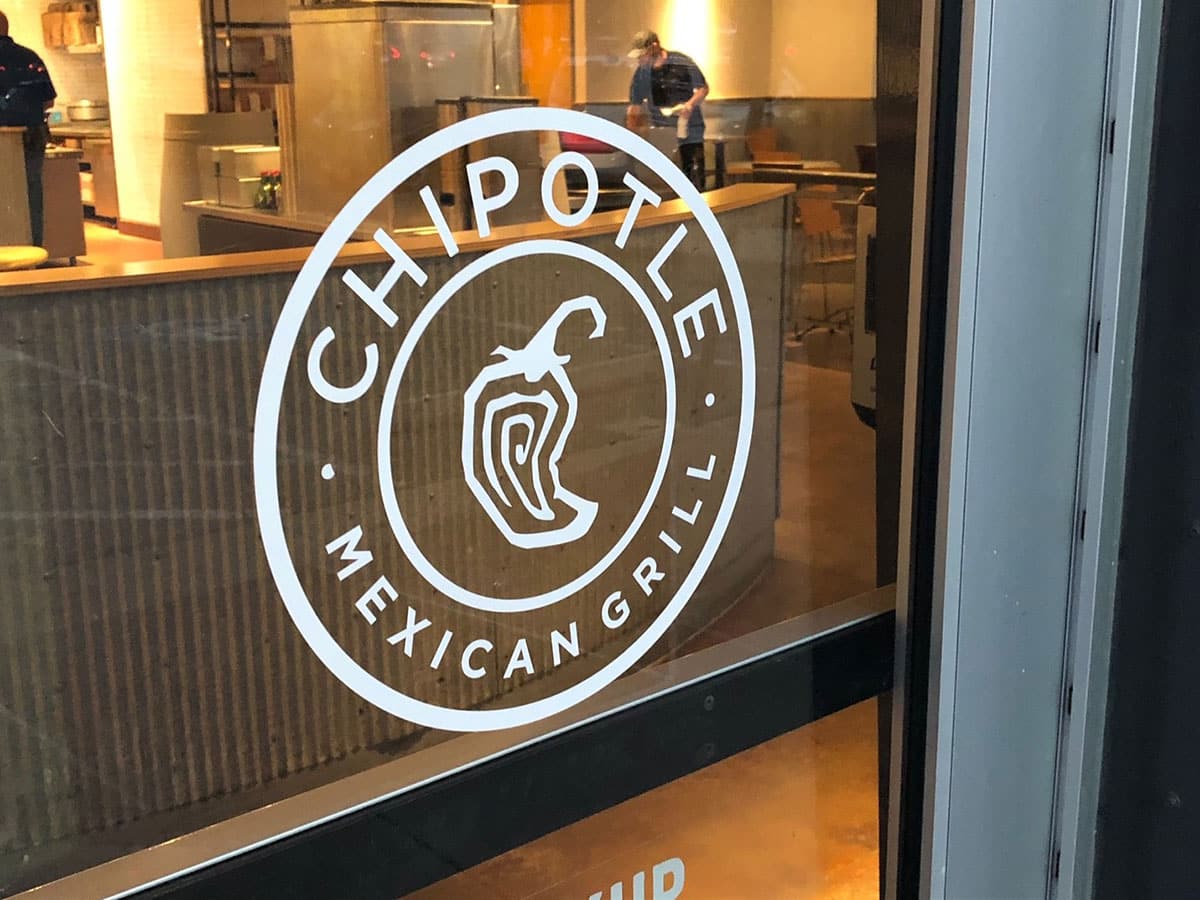Company: Whole Foods Market (Amazon’s subsidiary)
Year founded: 1980
CEO: John Mackey
Headquarter: Downtown Austin, USA.
Number of Employees (2018): 91,000
Acquisition Cost (Aug 2017): $13.2 B
Products & Services: Grocery | Seafood | Meat | Produce | Prepared Foods | Apparel |Supplements | Body Care | Lifestyle Items | Specialty Items
Competitors: Walmart | Trader’s Joe | Target | Supervalu | Safeway | Sprouts Farmer Market | Kroger | The Fresh Market
Fun Fact: Co-founders, John Mackey and Renee Lawson were kicked out of their apartment for using it as a food store and had to live at the flagship Whole Foods store in Austin soon after they opened it.
In the digital age, maintaining leadership in technologically competitive and dynamic sectors such as the food retail industry is a feat reserved for a select few.
The fact Whole Foods has maintained its leadership and excellence in the food business despite its ups and downs means we can learn a lot by analyzing its operations and how it conducts business.
Whole Foods Market’s mission, vision and philosophy is evident in its Purpose, Core Values, Declaration of Interdependence and Leadership Principles.
Whole Foods Market’s Purpose
“Our purpose is to nourish people and the planet. We’re a purpose-driven company that aims to set the standards of excellence for food retailers. Quality is a state of mind at Whole Foods Market.”
What it means
Purpose Statement of Whole Foods Market’s has three parts;
- Expand Globally
The first part of the statement communicates the company’s aspiration to expand its purpose beyond ‘nourishing people‘ to ‘nourishing the planet.’
Currently, Whole Foods nourishes people in over 500 locations in the US, Canada, and the UK but, the company aims to grow and expand its operations beyond the three countries to other regions across the world.
- Lead the Food Industry
The second part highlights that even Whole Foods is a leader in the grocery business, it seeks to extend its leadership by offering excellent customer service to set the standards that other retailers in the industry can follow.
- Offer High-Quality Products and Services
The third part of the Purpose Statement indicates that the importance of offering high-quality products and services is instilled into its employees, top-level and mid-level management, suppliers, and all other stakeholders, making it part of Whole Foods culture and DNA.
It can also be interpreted as the company’s strategy that will enhance its leadership of the industry for growth and subsequent expansion globally.
Whole Foods Market’s Core Values
Whole Foods’ Core Values consist of six elements that define what the company stands for and will not compromise regardless of the situation.
- Highest quality, all-natural and organic foods: From vegetables, meat, seafood, flowers, body care, cleaning products, to eggs, all the products offered by Whole Foods are healthy, natural, and organic. The company does not compromise on this value going as far as creating a list of unhealthy ingredients that cannot be sold in their stores like hydrogenated fats, flavors, sweeteners, preservatives, and many more. Recently, CEO Mackey rejected the idea of adopting plant-based meat due to its health risks.
- Customer Satisfaction: Whole Foods’ customer-centric model offers value to its customers who are the lifeblood of the business. The company exploits all available resources, experimentation, and innovation to offer the highest level of user experience beyond expectations.
- Promoting the Growth and Happiness of Employees and Stakeholders: The values of Whole Foods are anchored on nurturing a safe and empowering environment that enables motivated people to flourish and exploit their full potential. The destructive “us versus them” mentality has been effectively replaced with positive and healthy relationships.
- Win-win partnerships: Most businesses have unfair, exploitative, and tense relationships with their suppliers and other stakeholders. This is not the case for Whole Foods since it respects and advances fairness in its partnerships as part of the interdependent business ecosystem.
- Profitability and prosperity for all: Whole Foods acknowledges that customer satisfaction, employees’ happiness, and the company’s financial prosperity should go hand-in-hand.
- Promoting community health, nutrition, and welfare: The company values giving back to communities through various programs and foundations such as Whole Planet Foundation, the Whole Kids Foundation, and Whole Cities Foundation.
Whole Foods Market’s Declaration of Interdependence
Whole Foods Market acknowledges that it has come this far by depending on its customers, employees, suppliers, stakeholders, and the resources provided by Mother Earth.
Going forward, it will not attain its aspirations without their support again. Subsequently, it also recognizes its obligations and responsibility to all parties and stakeholders that depend on the company, promising to prioritize and advance their interests. Parties to the symbiotic interdependence relationship include;
- Customers: Whole Foods acknowledges that customers are the lifeblood of the company, pledging to deliver high-quality products and services, value, and experience in exchange for loyalty.
- Employees: The organization recognizes that the immense success it has attained can be traced back to employees’ efforts and selfless devotion from top to bottom, pledging to advance their interests through openness, transparency, and inclusivity. In 2019, it was ranked #51 Best Employer for Women, #40 Best Employer for New Grads, and #317 for Employee Diversity by Forbes.
- Suppliers: As part of an interdependent business ecosystem, the organization recognizes, respects, and promises to advance the symbiotic and fair partnership with its suppliers.
- Amazon: During a time of need, Amazon and its stakeholders came to the rescue of Whole Foods. The company promises to attain profitability, prosperity, and continue to flourish together with the parent company and all stakeholders.
- Community and the Environment: The organization balances its needs with the needs of the world by protecting Mother Earth and the available resources for future generations through sustainable operations.
Whole Foods Market’s Leadership Principles
Whole Foods’ philosophy can be derived from its leadership principles, which highlight the main drivers of the growth and success since it was founded.
- Customer Obsession: For Whole Foods, customers are not only the most important stakeholders but also the lifeblood of its business. Its customer-centric model goes beyond customer satisfaction bordering constant obsession over its customers.
- Long-Term Thinking: The Company does not believe in fore-going its long-term values in exchange for short-term financial gains. This philosophy is also evidenced by CEO Mackey’s decision to be paid only $1 per year without bonuses or stock grants since 2007.
- People Empowerment: Instead of micro-managing suppliers, partners, employees, and other key stakeholders, Whole Foods strives to empower them since the success of the company relies heavily on its innovativeness and operational excellence.
- Learn and Grow: Whole Foods is not limited by ‘not invented here’ thinking and seeks opportunities to learn from new creative ideas, innovation, and invention to catalyze growth. By acknowledging that there is room for improvement, the organization commits itself to continuous learning for growth.
- Giving Trust to earn Trust: Whole Foods rarely shies away from admitting its mistakes and any shortcomings to consumers because respect and trust can only be nurtured through openness and transparency regardless of whether doing so is awkward or embarrassing.
- Think Big: Whole Foods is driven by the belief that bold bets inspire results, but thinking small is a self-fulfilling prophecy. This philosophy contributed to the acquisition of the company by Amazon.
- Just get it done: When it comes to service delivery, Whole Foods Market believes that asking for forgiveness is sometimes better than seeking permission.
- Frugality: Accomplishing, more with less, is consistently evident across the company. This is based on the notion that constraints catalyze invention, resourcefulness, and self-sufficiency.
Tell us what you think? Did you find this article interesting?
Share your thoughts and experiences in the comments section below.












Add comment